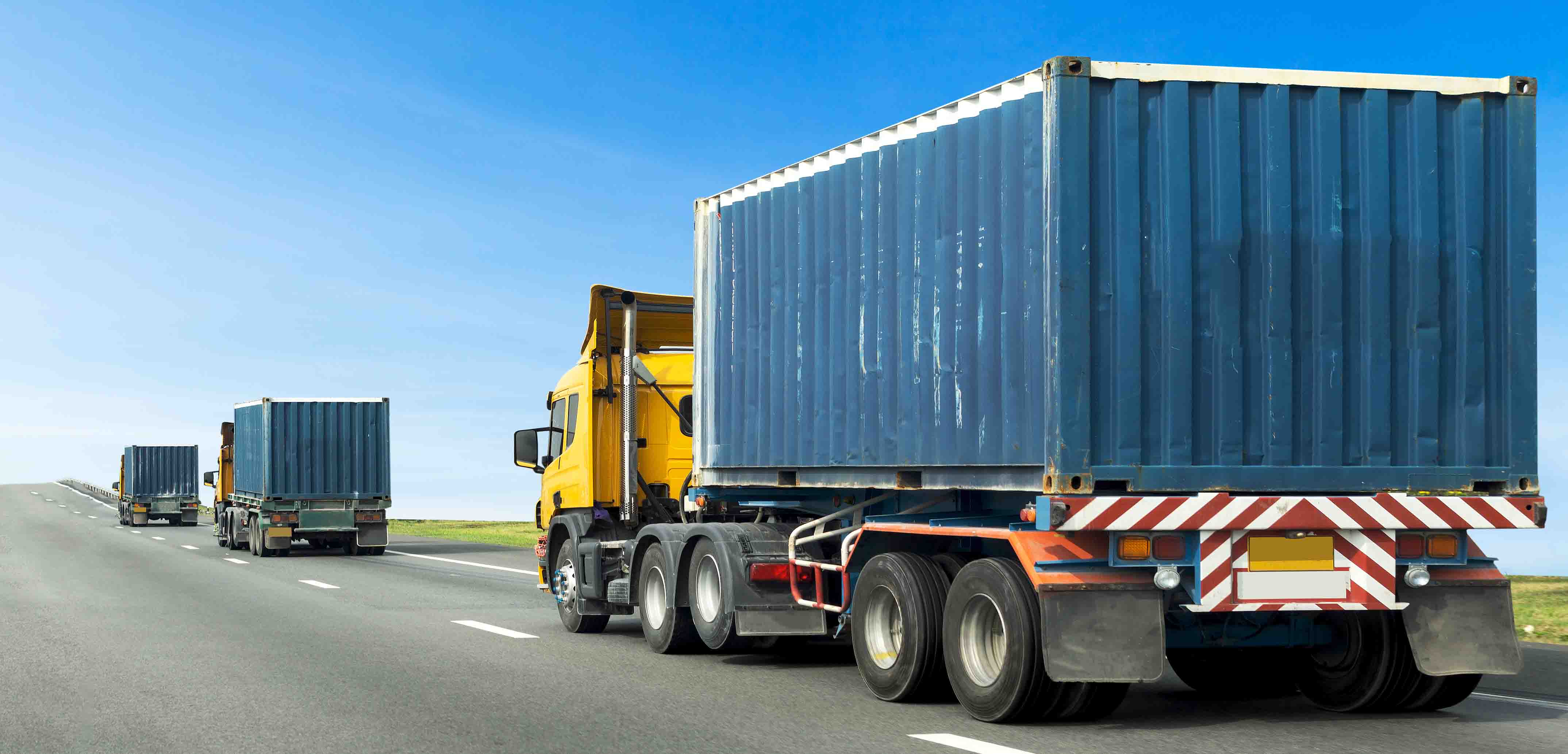
Unlocking Seamless Coordination
Unlocking Seamless Coordination
In today's Indian business climate, logistics is critical; as sales expand due to several factors, so will the necessity to assure timely delivery of goods to meet rising market demands. Be it a traditional store or supply chain management in e-commerce, logistics is an indispensable means to make sure that goods reach the end consumer. A unified vehicle tracking portal empowers companies and businesses with seamless fleet monitoring and management. This integrated platform ensures real-time visibility of vehicle location, status, and performance by incorporating all involved vendors, enhancing efficiency and streamlining operations.
Fleet managers can access a comprehensive dashboard that displays all the critical data, such as vehicle speed, route history and fuel consumption. By adopting this centralised approach, companies and startups can eliminate the reliance on manual tracking, phone calls, and multiple software systems. This streamlines the entire process, making it more efficient and hassle-free. The platform also enables accurate tracking of delivery timelines, ensuring that goods reach their destinations on schedule.
Seamless Integration with Risk Management
A centralised vehicle tracking platform can be integrated with other systems and software. Integration with warehouse management systems (WMS), enterprise resource planning (ERP) software, and customer relationship management (CRM) platforms allows for the exchange of crucial information. The seamless integration facilitates smooth data flow across various departments, offering a comprehensive view of the entire supply chain. For example, real-time updates on delivery status empower customer service representatives to provide accurate information to customers, enhancing overall efficiency and customer satisfaction.
Implementing a unified tracking platform also enhances security and risk management. With real-time tracking and monitoring, companies can ensure that their assets are secure and reduce the risk of theft or unauthorised use. In case of any incidents or accidents, the platform provides valuable data for investigation and insurance purposes. Moreover, the platform can help identify and address driver safety issues, promoting responsible driving behaviour and reducing the likelihood of accidents.
Effective Communication and Collaboration
Businesses often rely on rented vehicles to transport their goods from manufacturing facilities to distribution centres and retail outlets. A decentralised approach can result in a lack of visibility and coordination, leading to inefficiencies, delays, and increased costs. Implementing a centralised platform that integrates all vehicles and vendors can be a transformative game-changer. By optimising routes and reducing idle time, companies can maximise efficiency, minimise fuel consumption, and reduce their carbon footprint. Additionally, the data can be used for predictive analysis, enabling proactive maintenance and minimising costly repairs.
Effective communication and collaboration are vital for smooth logistics operations. A unified portal acts as a hub for seamless communication between different stakeholders, including suppliers, distributors, retailers, and even customers. It enables streamlined information sharing, automated notifications, and alerts, ensuring everyone is on the same page regarding order status, delivery schedules, and any potential disruptions. This transparency fosters better coordination, reduces manual errors, and enhances overall operational efficiency.